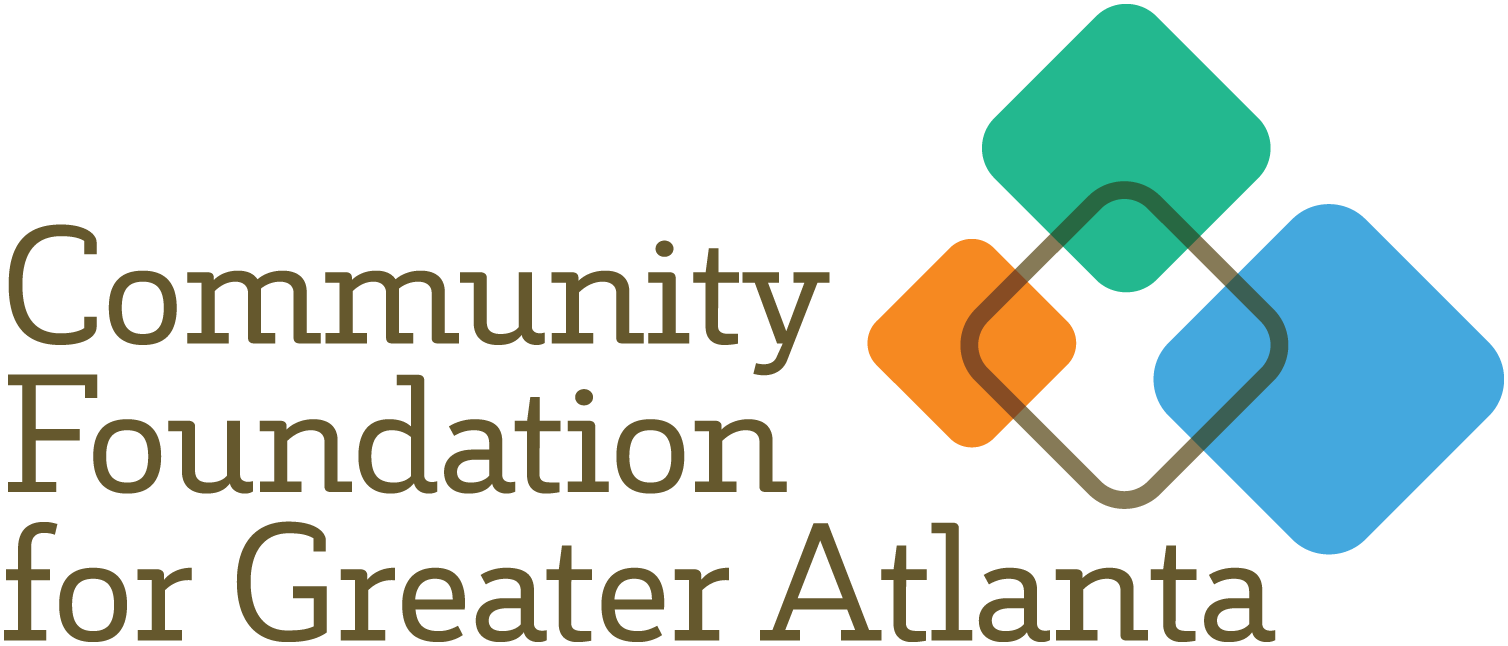
By Ray Uttenhove, Community Foundation donor
Atlanta has the third highest rate of evictions in the country with the largest number affecting low-income renters. Housing instability has a rippling effect in a community often resulting in homelessness, poor educational outcomes, uncertainty for families and many more adverse effects.
As a member of the Spark Opportunity Giving Circle working in the Thomasville Heights neighborhood, I have seen firsthand the negative outcomes that result from a high number of evictions, many of which were illegal. Residents in this low-income underserved community in southeast Atlanta had limited resources to fight sometimes deplorable conditions such as leaking roofs, lack of security, rat infestations and mold. When they registered complaints, property owners often evicted them in retaliation. The problem was large enough that Spark funded legal support for tenants as part of our philanthropic investment in this community.
Fortunately, some additional relief should come to Thomasville Heights and other Georgia communities with the passage of HB 346 which is awaiting signature by Governor Brian Kemp. The bill reads that tenants, without fear of retaliation, shall be permitted to:
- Exercise against a landlord a right or remedy granted to the tenant by lease, municipal ordnance or federal or state statue
- Give a landlord a notice to repair or exercise a remedy
- Complain to a government entity about a building or code violation
- Establish or participate in a tenant organization
Despite the fact that these rights already exist in Georgia law, very few tenants act on them. The game changer with this bill is that “a landlord cannot treat a tenant differently after such action is taken.” Most importantly, there are penalties against a landlord that are spelled out if a tenant wins in court. Landlords can be required to pay a financial penalty and reimburse for court costs, attorney fees, moving costs and actual expenses.
This new law will hopefully make Georgia friendlier for tenants. Once passed, HB 346 reflects a limited and balanced approach to the issue that addressed the concerns raised by the Georgia Apartment Association, the Georgia Association of Realtors and the Georgia Affordable Housing Coalition, who have now removed their objections to the legislation.
In Georgia, once a bill passes both chambers by Sine Die the Governor has 40 calendar days to carry out three options. The Governor can sign a bill making it a law, veto a bill sending it back to the General Assembly or do nothing at all. In that case, after the 40 days are up, the bill will automatically become a law. This year day 40 is May 12, 2019. Learn more here.
Categories
- Arts, Culture and Creative Enterprises6
- Book Club26
- Community107
- COVID-1934
- Donor Stories39
- Events30
- Great Grant Stories62
- Higher Ground168
- Housing and Neighborhoods14
- Impact Investing28
- Income and Wealth12
- Media22
- News158
- Nonprofits24
- Philanthropic Resources131
- Place-focused6
- Power and Leadership8
- Press Releases99
- Publications62
- TogetherATL20
- Uncategorized335
